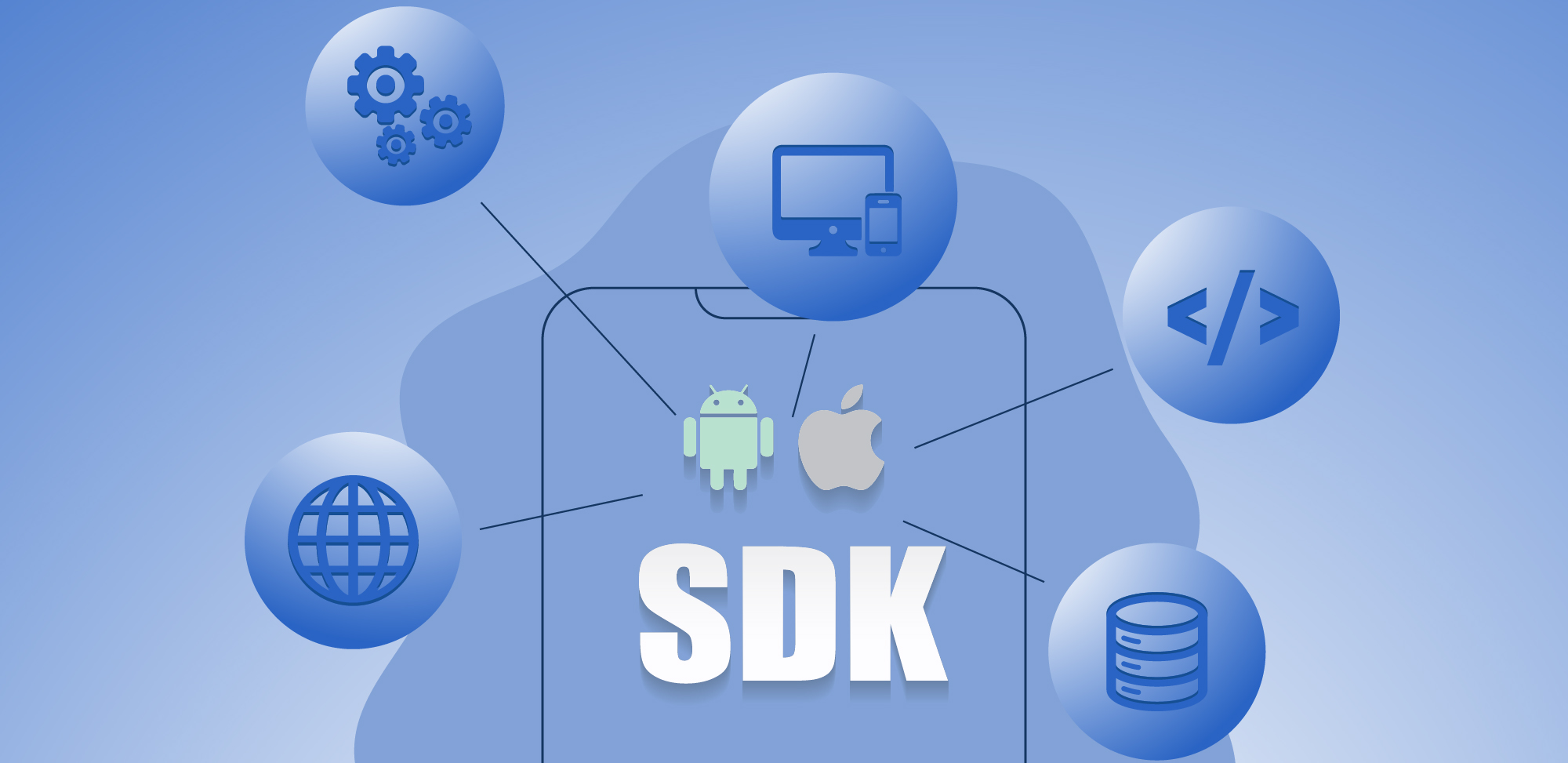Mobile computing has become an integral part of our daily lives, transforming the way we communicate, work, and entertain ourselves. Behind the sleek user interfaces and feature-rich apps lies a complex world of software development. Mobile app developers rely on a range of tools and resources to create the applications that make our smartphones and tablets so indispensable. Among these tools, Software Development Kits (SDKs) stand out as crucial components that empower developers to build innovative and efficient mobile apps. In this blog post, we’ll dive into the world of SDKs in mobile computing, exploring what they are, why they matter, and how they enhance the development process.
What is a Software Development Kit (SDK)?
A Software Development Kit, commonly referred to as an SDK, is a set of pre-written code, libraries, tools, and documentation that simplifies and accelerates the process of building software applications for specific platforms or frameworks. In the context of mobile computing, SDKs are tailored to work with mobile operating systems like Android and iOS, providing developers with the necessary resources to create apps that can harness the full potential of these platforms.
Why Do SDKs Matter in Mobile Computing?
- Platform Compatibility: Mobile devices run on different operating systems, primarily Android and iOS. SDKs enable developers to create cross-platform or platform-specific applications, ensuring compatibility with a wide range of devices.
- Speed and Efficiency: SDKs offer pre-designed solutions to common challenges, saving developers time and effort. They provide ready-made code snippets, functions, and tools that enhance efficiency and reduce development cycles.
- Access to Hardware Features: Mobile devices come equipped with a plethora of hardware features such as cameras, GPS, sensors, and more. SDKs provide APIs (Application Programming Interfaces) that allow developers to seamlessly integrate these features into their apps.
- Consistency and User Experience: SDKs often include design elements and UI components that adhere to platform guidelines. This ensures a consistent and user-friendly experience, enhancing the app’s overall quality.
- Security: Mobile SDKs frequently include security features and encryption methods, helping developers protect user data and ensure the safety of their applications.
http://blog.informationarray.com/github-vs-bitbucket-choosing-the-right-version-control-platform/
Types of SDKs in Mobile Computing
- Platform SDKs: These are provided by the platform’s creators (Google for Android, Apple for iOS). They offer core functionality and tools for app development on their respective platforms.
- Third-Party SDKs: Developed by external organizations, these SDKs provide additional functionalities such as analytics, advertising, social media integration, and more. Popular third-party SDKs include Firebase, Facebook SDK, and Google Maps SDK.
- Open-Source SDKs: Community-driven SDKs that are available for free, allowing developers to contribute and modify the code as needed. An example is the Apache Cordova project, which enables the development of cross-platform mobile apps using web technologies.
- Hardware-Specific SDKs: These SDKs cater to specific hardware components, like camera SDKs for advanced image processing or fitness tracker SDKs for health and wellness apps.
How SDKs Enhance the Development Process
- Rapid Development: SDKs provide reusable code snippets and pre-built components, reducing the need to code from scratch. This speeds up development and shortens time-to-market.
- Error Reduction: SDKs are thoroughly tested, minimizing the chances of coding errors and compatibility issues. Developers can rely on the reliability of these pre-built solutions.
- Optimized Performance: SDKs are designed to work efficiently with the platform, ensuring that the app runs smoothly and responds well to user interactions.
- Access to Advanced Features: SDKs grant developers access to features that may be difficult to implement without specialized knowledge, such as augmented reality, machine learning, or geolocation services.
- Community and Support: Many SDKs have active developer communities and support forums, providing a valuable resource for troubleshooting issues and seeking guidance.
Microsoft Inspire 2023: Unleashing AI Transformation Through Strategic Partnerships
Here are some FAQS based on Software Development Kits
What is SDK in mobile development?
An SDK, or Software Development Kit, in mobile development, is a set of pre-written code, libraries, tools, and documentation that simplifies the process of creating software applications for mobile devices, such as smartphones and tablets.
What is the purpose of using Software Development Kit (SDK)?
The purpose of using an SDK in mobile development is to provide developers with a standardized set of resources and tools that enable them to build applications more efficiently and effectively. SDKs offer features like platform compatibility, access to hardware functions, and pre-built components, which speed up development and ensure consistency.
What are SDK features in mobile computing?
SDK features in mobile computing typically include APIs (Application Programming Interfaces) for accessing device hardware (e.g., cameras, sensors), pre-designed UI components, tools for debugging and testing, and documentation to guide developers in creating mobile apps.
What does SDK stand for?
SDK stands for “Software Development Kit.”
Software Development Kits (SDKs) play a pivotal role in the world of mobile computing, empowering developers to create feature-rich, efficient, and user-friendly applications for a diverse range of devices. They simplify the development process, enhance compatibility, and provide access to advanced features, all of which are essential for staying competitive in the fast-paced mobile app market. As mobile technology continues to evolve, SDKs will remain a crucial tool for mobile app developers, enabling them to harness the full potential of this dynamic and ever-expanding industry.

